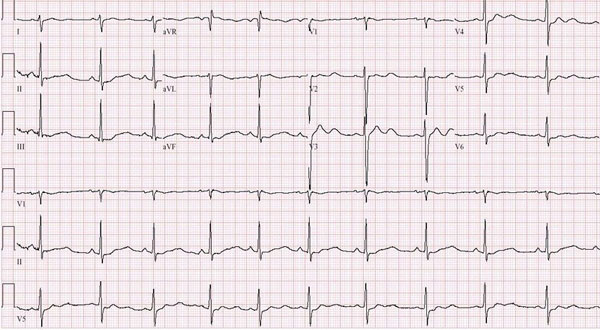Background
Vomit contains relatively little potassium but severe vomiting causes hypochloraemic alkalosis due to loss of chloride and acid, which causes severe renal wasting of potassium and an intracellular shift of potassium.
Liquid stool has 10-50mmol/L - hypokalaemia early in diarrhoea.
Renal loss K+ most often due to diuretics. Commonest is seen with large doses diuretics with secondary hyperaldosteronism as seen in heart failure, cirrhosis and nephrotic syndrome.
Other causes are primary hyperaldosteronism (Conn's) and Cushing's syndromes.
Aetiology
Intracellular shifts
- Alkalosis, Hi dose insulin, Periodic paralysis
GI loss
- D & V
- Ileostomy
- Purgative abuse
- Eating disorders
- Villous adenoma of rectum
Renal wasting
- Diuresis - drugs or osmotic ( Hyperglycaemia, Uraemia )
- RTA
- Hyperaldosteronism - Primary or secondary - Cushing’s
- Bartter's synd
- Drugs - Liquorice, carbenoxolone, gentamicin XS
- Leukaemia
Key Clinical Features
Severe hypokalaemia < 2.5 mmol l-1
- Dysrhythmias, dig toxicity and fasciculations
Moderate
- Muscle weakness, absent reflexes, gut ileus
- ↓ renal conc. ability (Nephrogenic diabetes insipidus) with Na+ retention

Treatment and management
- Treatment PO replacement (bananas, orange juice or if long term treatment required - Sando K tablets)
- IV max potassium = 20mmol / hour with cardiac monitor and hourly U&E
Links
- CUH Intranet only Pharmacy Guideline on Mx ↓K+ solution dilutions